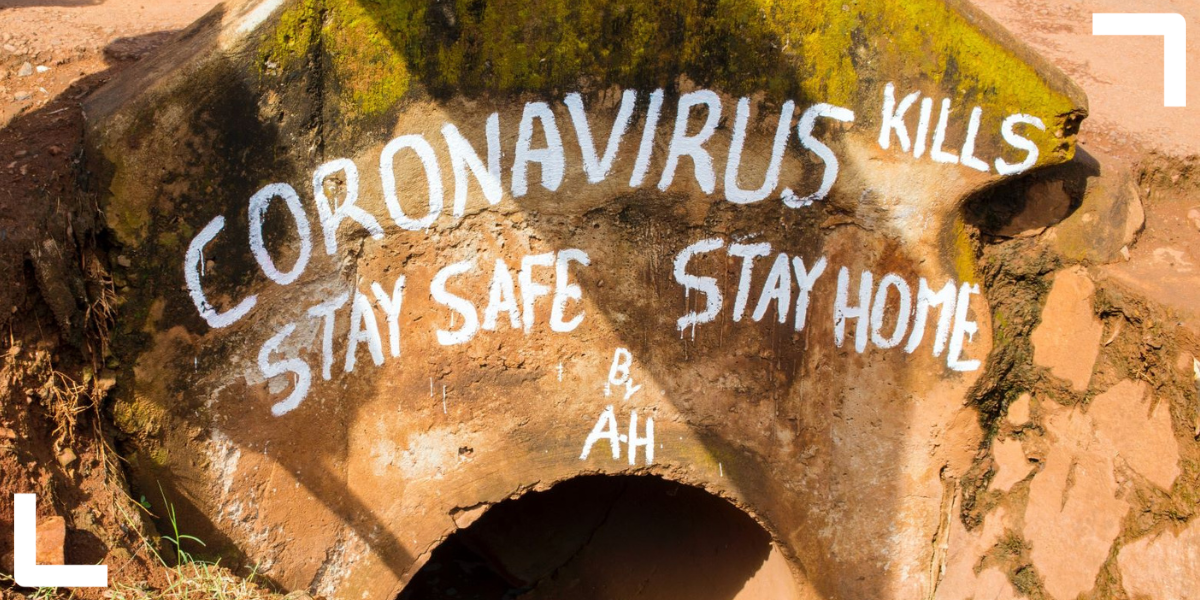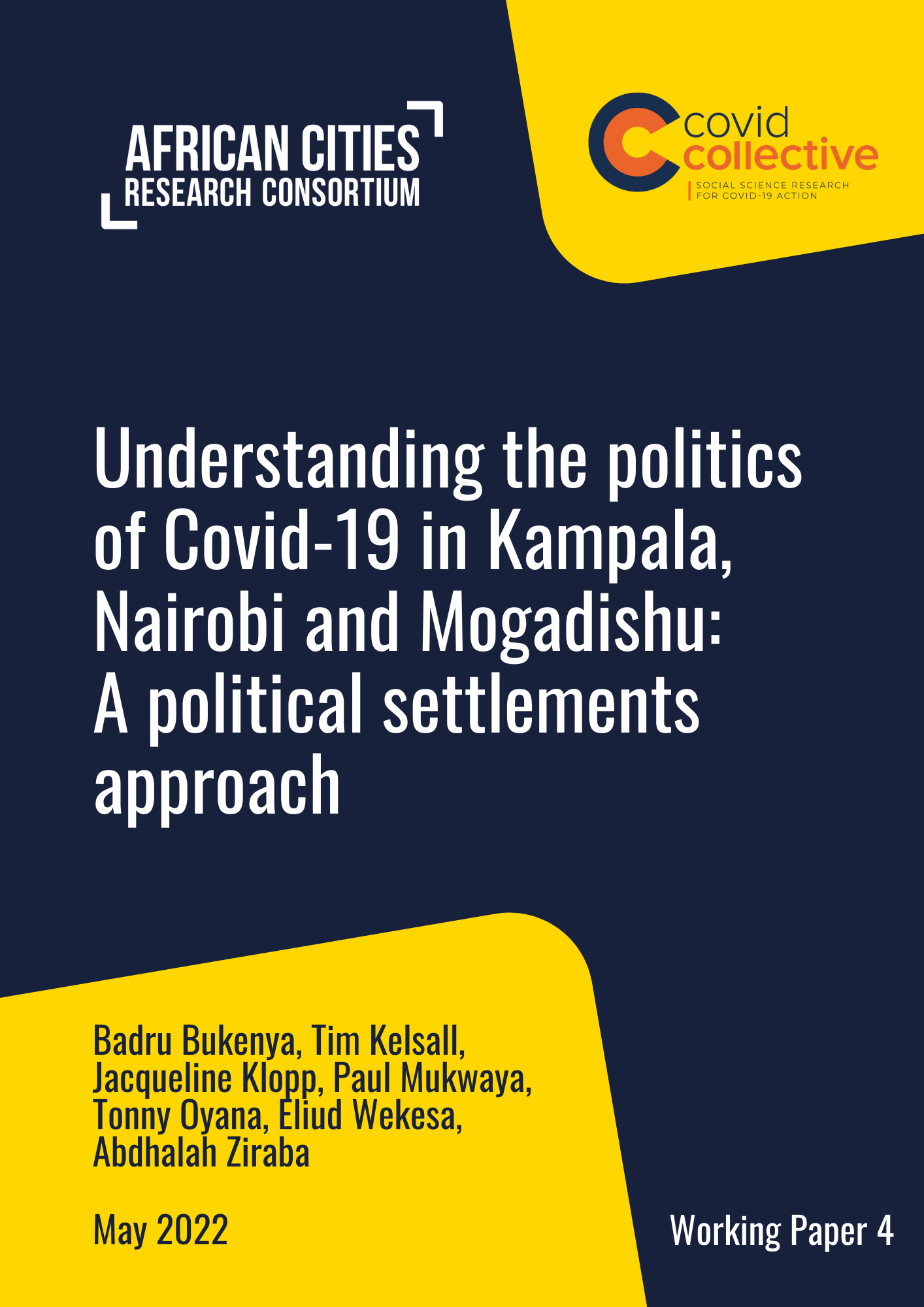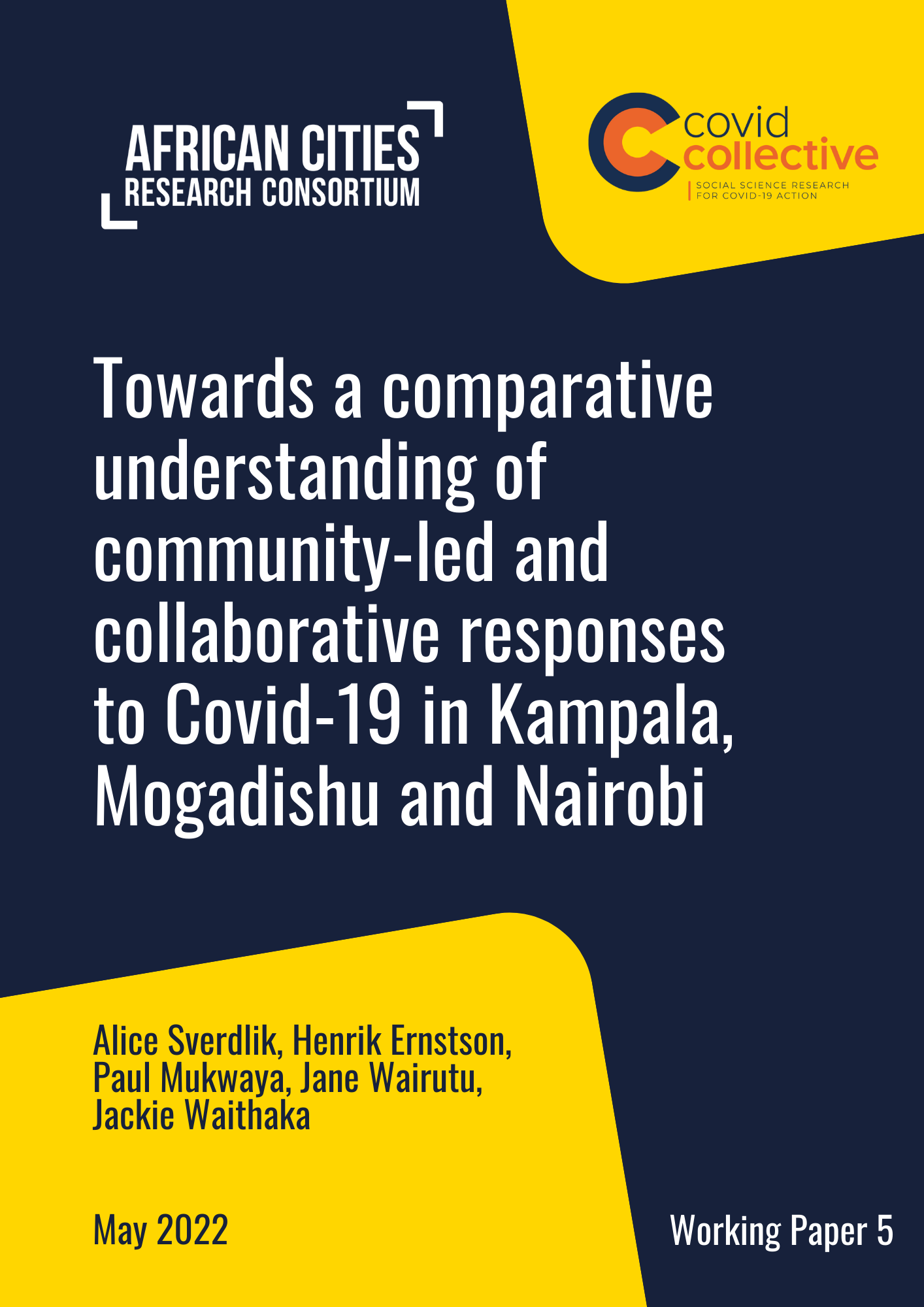Two new working papers, produced under the Covid Collective, explore and compare the politics and social and economic impacts of Covid-19 as it evolved in three East African capital cities – Kampala, Uganda; Nairobi, Kenya; and Mogadishu, Somalia – and its legacy in terms of possibilities for positive and lasting change.
The Covid Collective is a multi-partner international group whose mission is to provide evidence on the social dimensions of the pandemic to inform decisionmaking on Covid-19-related development challenges.
‘Understanding the politics of Covid-19 in Kampala, Nairobi and Mogadishu: A political settlements approach’ draws on desk research, focus group discussions and interviews in the three capital cities, to analyse and compare the politics of their Covid-19 responses. It highlights significant differences in the stringency of control measures and the seriousness with which the governments attempted to mitigate the pandemic’s impacts.
Different political and economic considerations in each city depended on the degree of influence of health scientists on Covid-19 policy, and the different perception of the capital city in its country’s political settlement. Kampala was perceived mainly as a threat to be contained, Nairobi as a political prize to be gained, while Mogadishu was a comparative sanctuary for the top political leadership, whose population should not be unduly antagonised.
‘Towards a comparative understanding of community-led and collaborative responses to Covid-19 in Kampala, Mogadishu and Nairobi’ focuses on the pandemic’s evolving impacts and wide-ranging local initiatives in the three cities. Low-income residents often experienced Covid-19 less as a health crisis and more as a series of devastating socioeconomic, political and violent impacts. A range of Covid-19 responses at different scales included national taskforces, philanthropic and private sector initiatives, aid agency initiatives, and grassroots and other civil society interventions. They were involved in emergency relief distribution, risk communication, service delivery, livelihoods strengthening and data collection.
New collaborations emerged between state and non-state groups, from top-down coalitions to bottom-up community solidarity networks. Non-state actors – including community health volunteers (CHVs) and private firms, along with youth, women’s, faith-based and refugee-led organisations – were key in assisting marginalised residents, and would benefit from additional government support and recognition. Some interventions – such as enhancing health systems, countering police brutality, supporting multi-sectoral upgrading and engaging constructively with informality – may open newfound possibilities of more lasting, equitable change.
Accompanying these working papers is a series of Covid Collective briefing papers, focusing on findings from the individual cities:
- Politics and Covid-19 in Kampala
- Covid-19 response in Nairobi: A political settlements approach
- Understanding community-led and collaborative responses to Covid-19 in Nairobi
- Towards a comparative understanding of community-led and collaborative responses to Covid-19 in Kampala
- Towards a comparative understanding of community-led and collaborative responses to Covid-19 in Mogadishu
- The politics of Covid responses in African cities: Lilongwe
Supported by the UK Foreign Commonwealth and Development Office (FCDO), the Covid Collective is based at the Institute of Development Studies (IDS).
Header photo credit: Makaka Paul / Unsplash. Covid-19 awareness in Kampala, Uganda.
Note: This article presents the views of the author featured and does not necessarily represent the views of the African Cities Research Consortium as a whole.
The African Cities blog is licensed under Creative Commons Attribution-NonCommercial-NoDerivatives 4.0 International (CC BY-NC-ND 4.0), which means you are welcome to repost this content as long as you provide full credit and a link to this original post.




